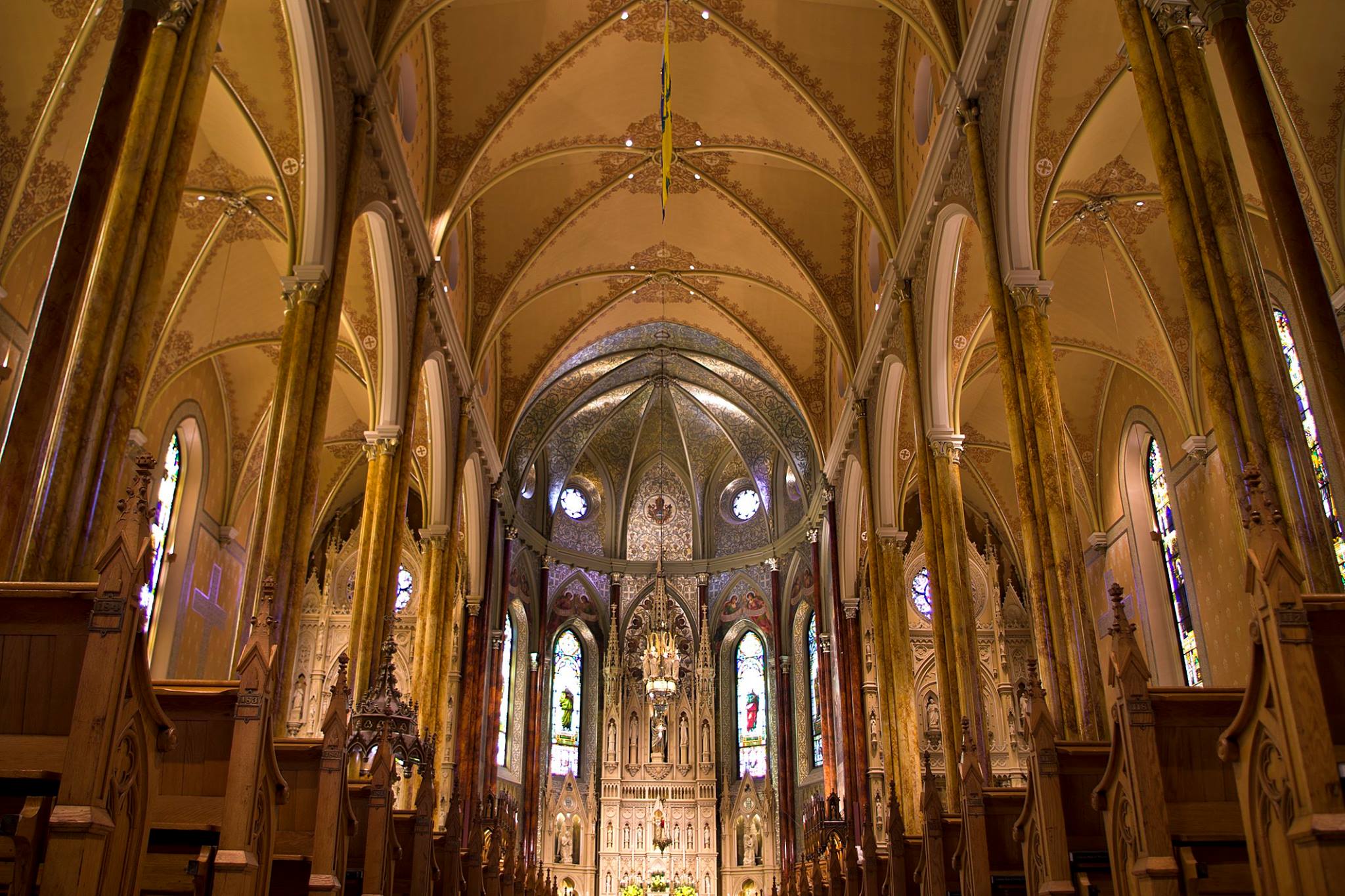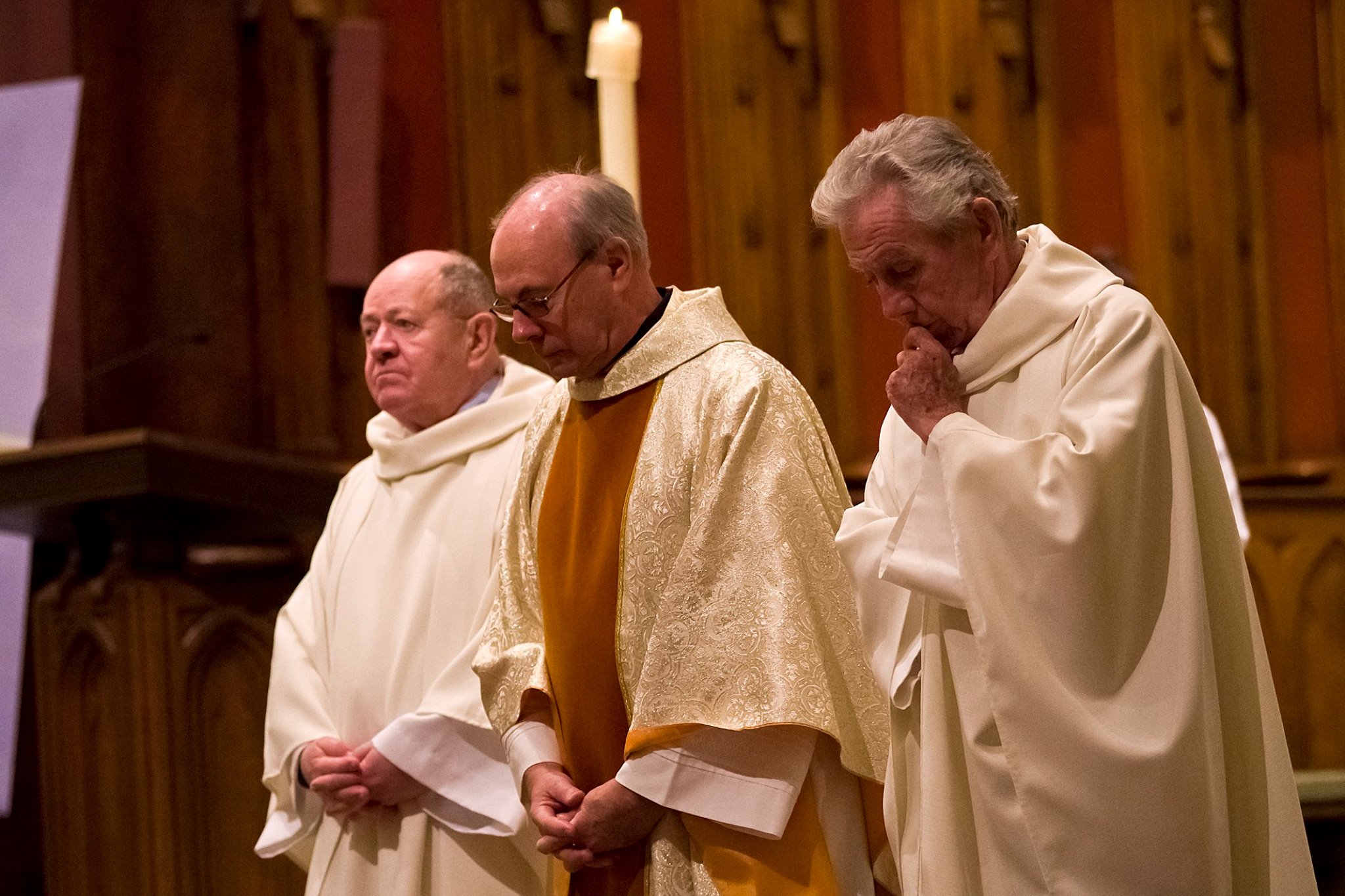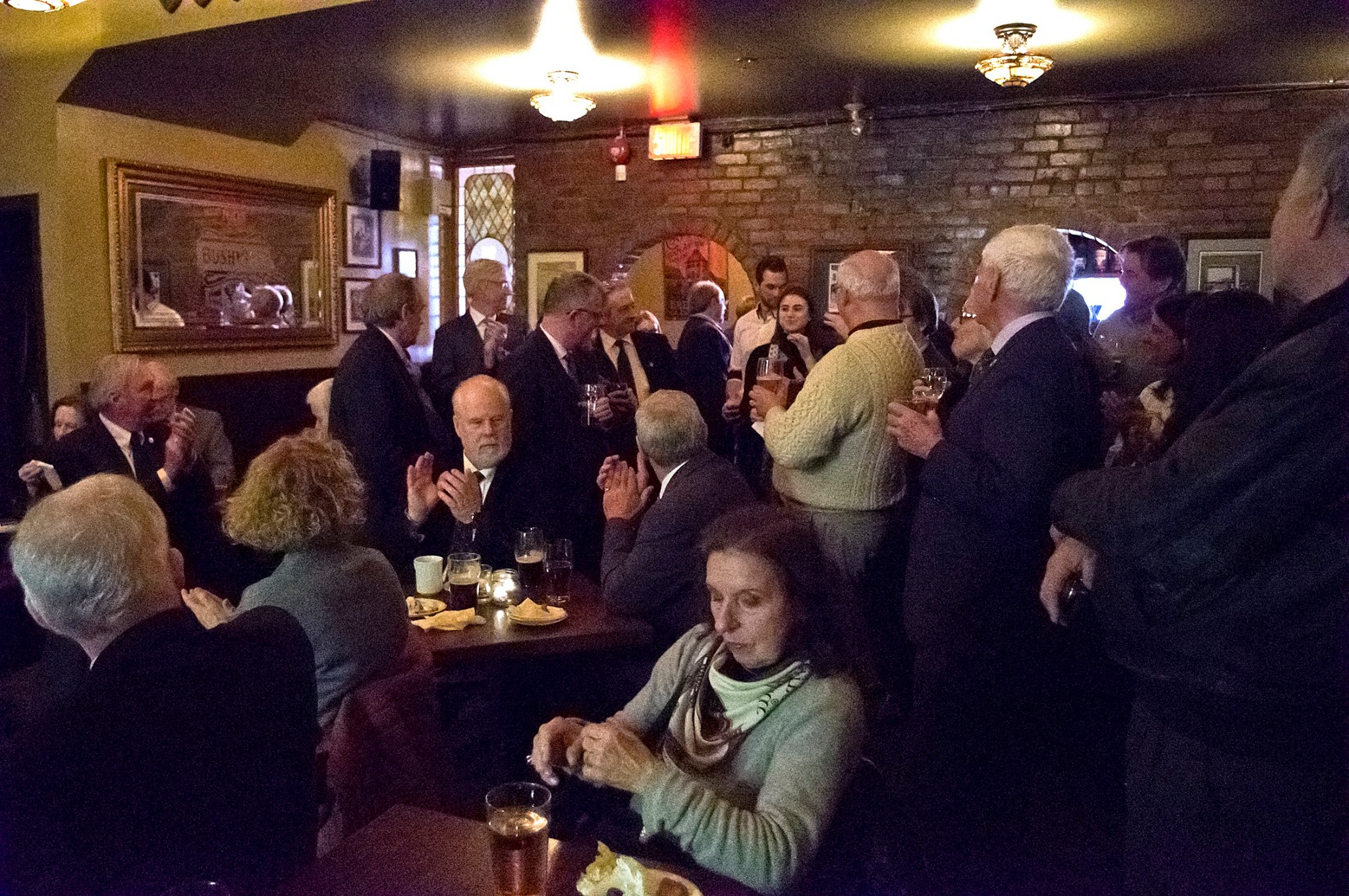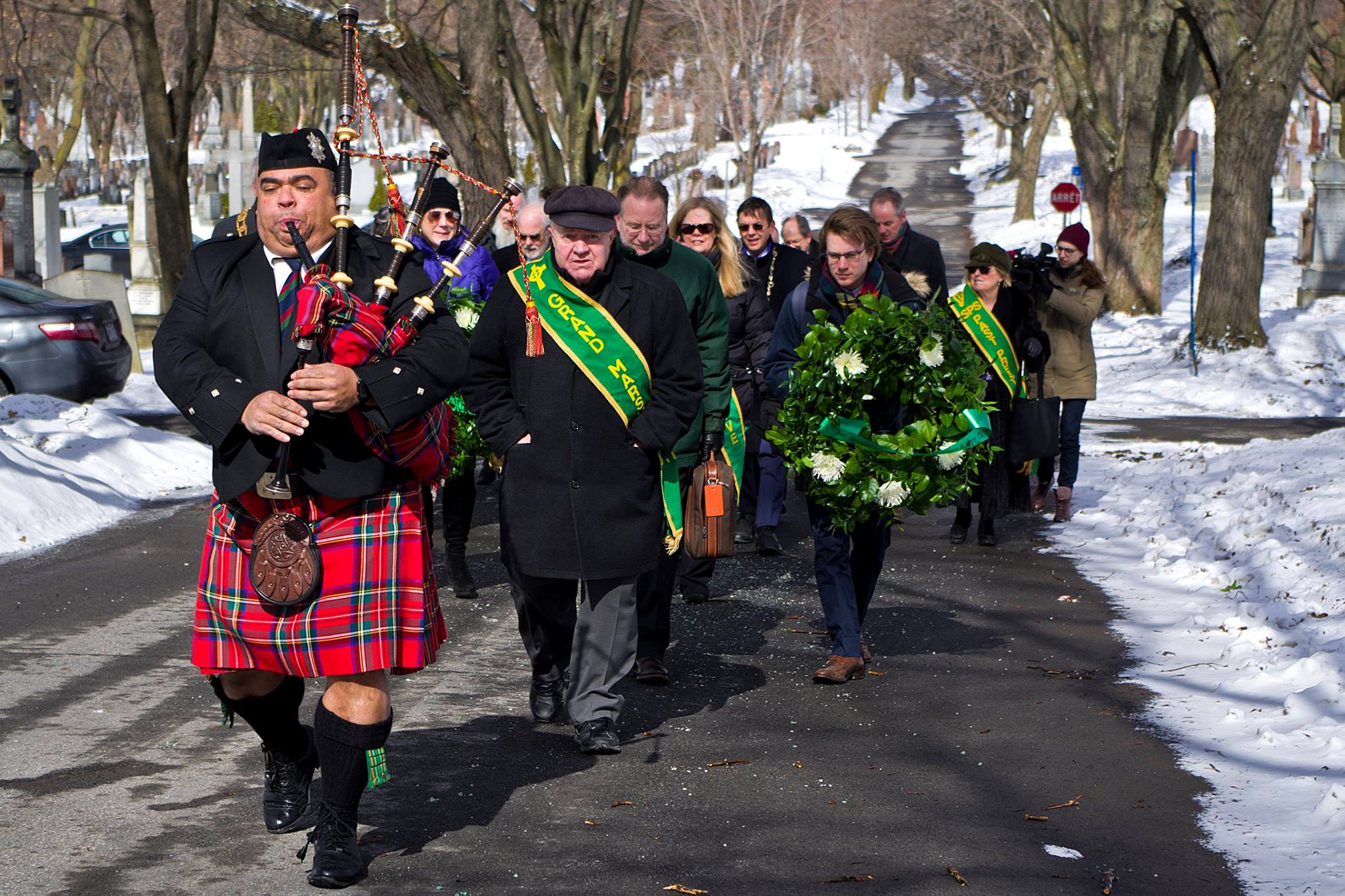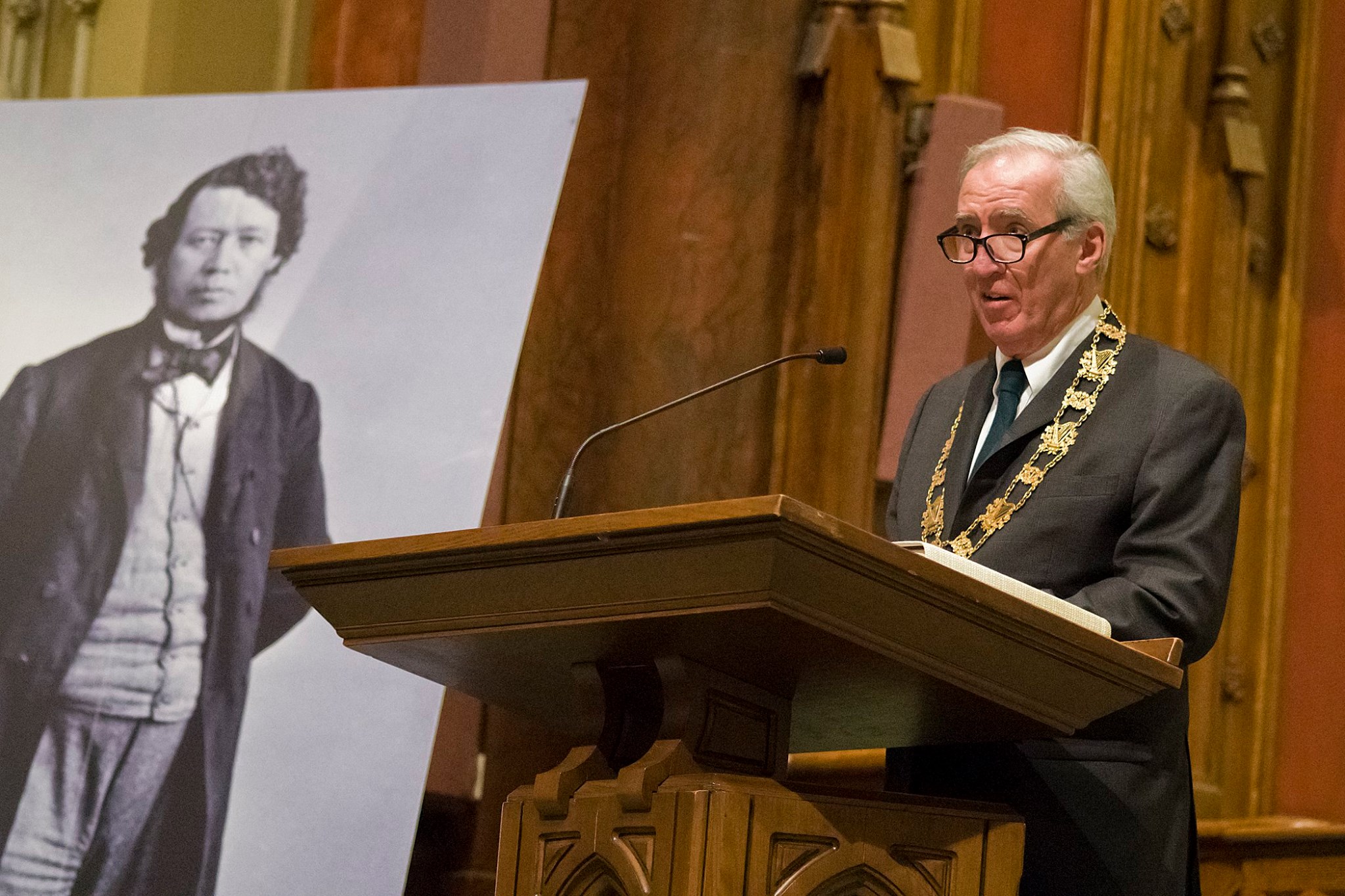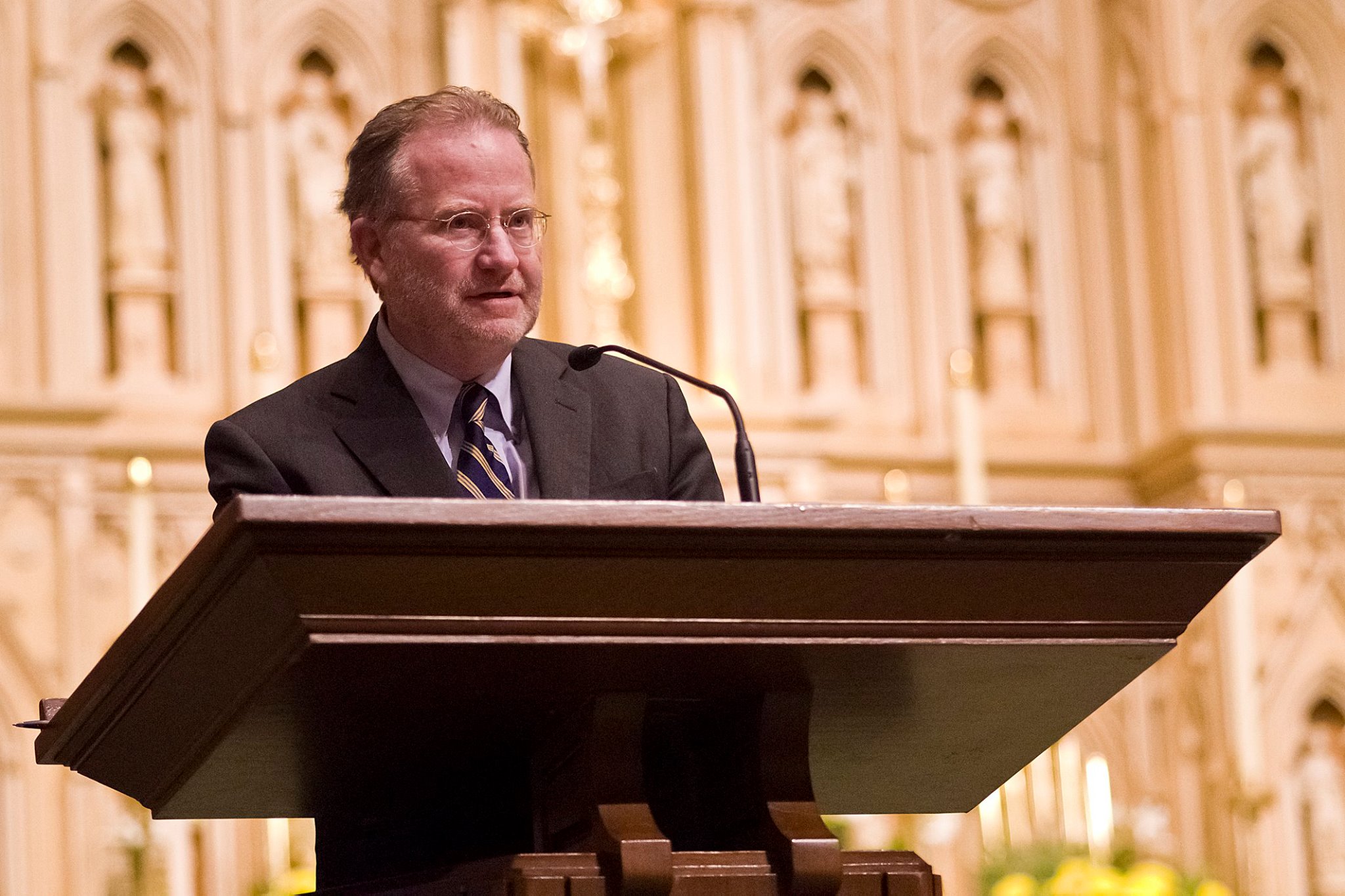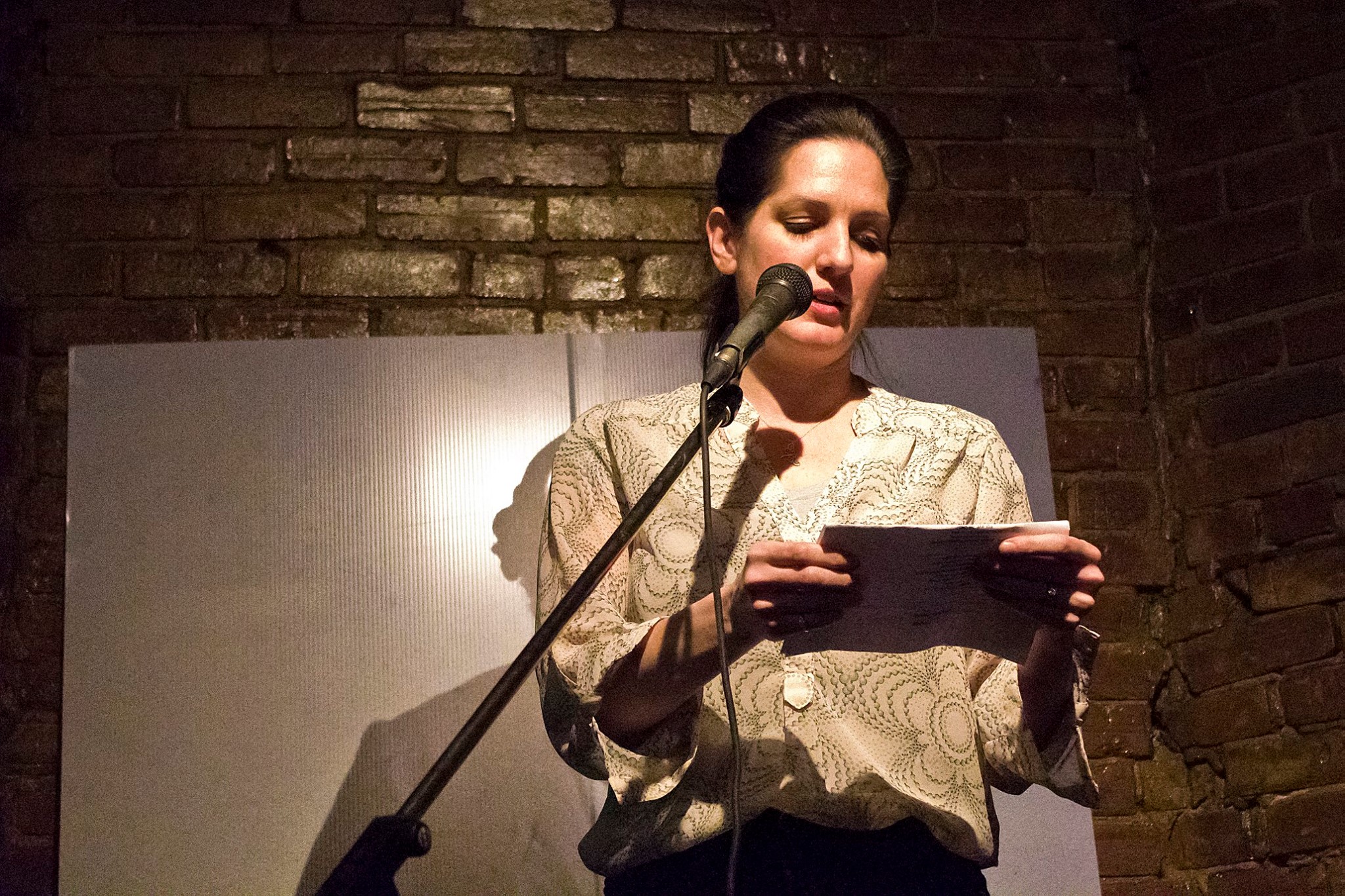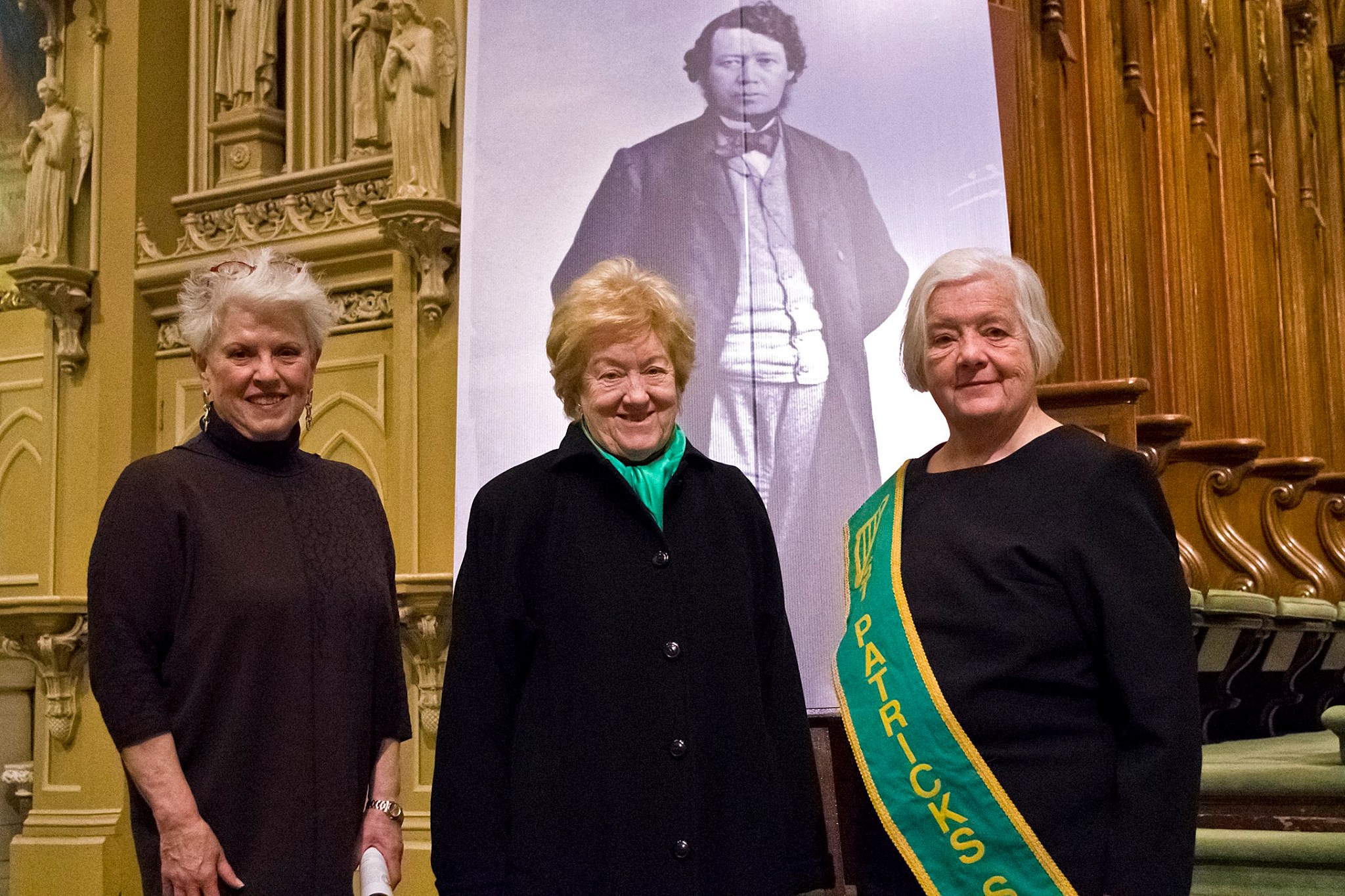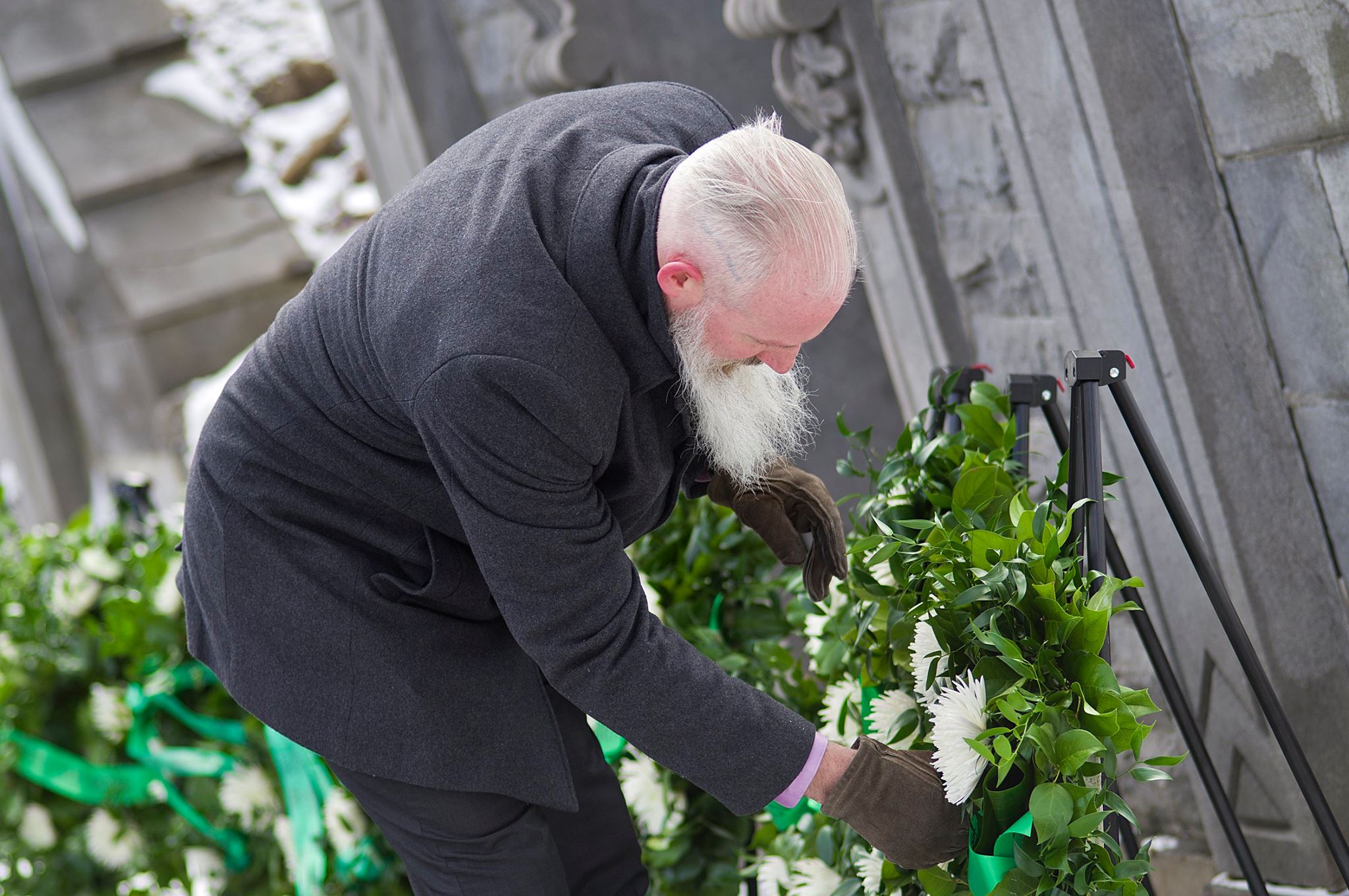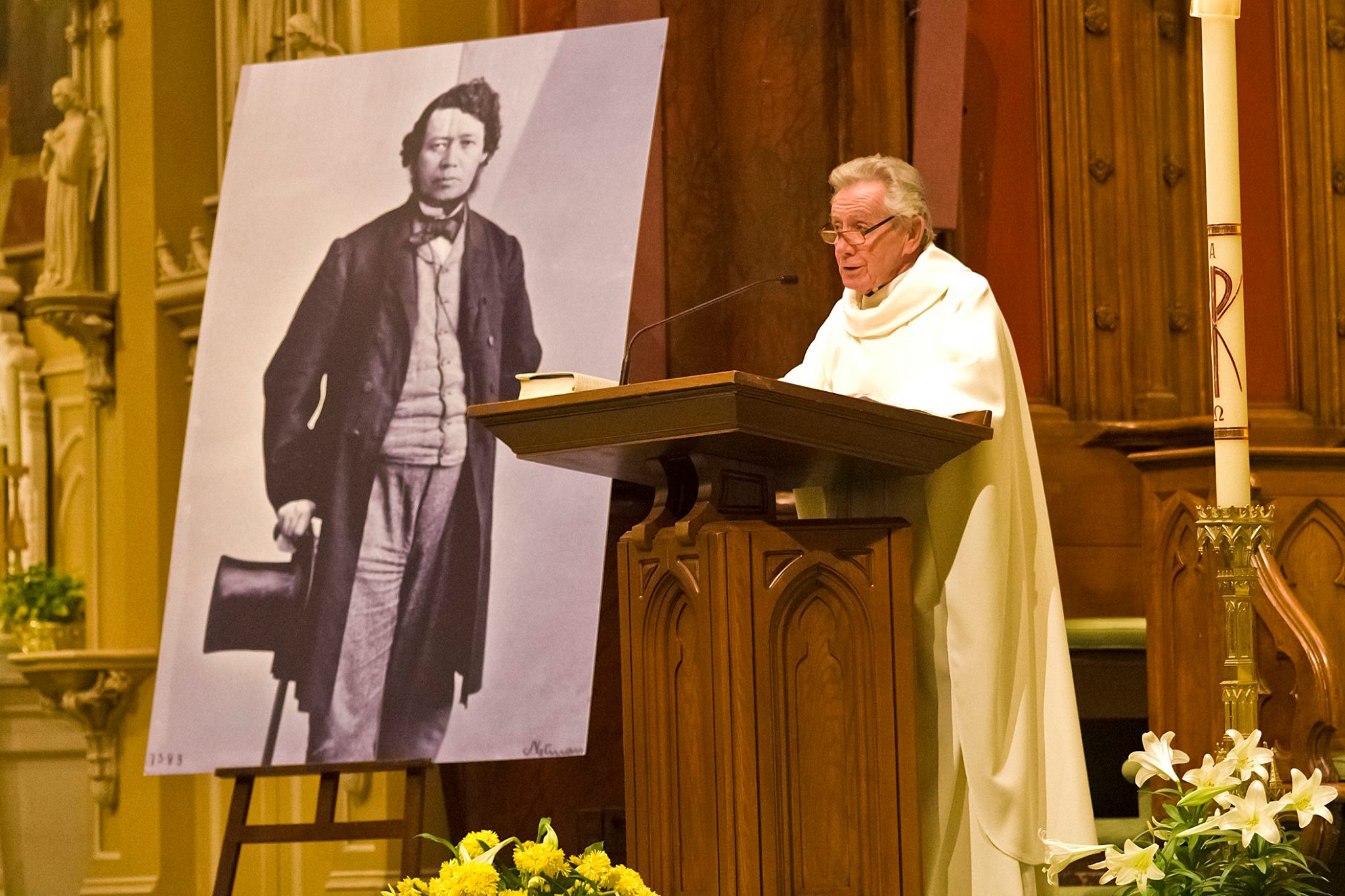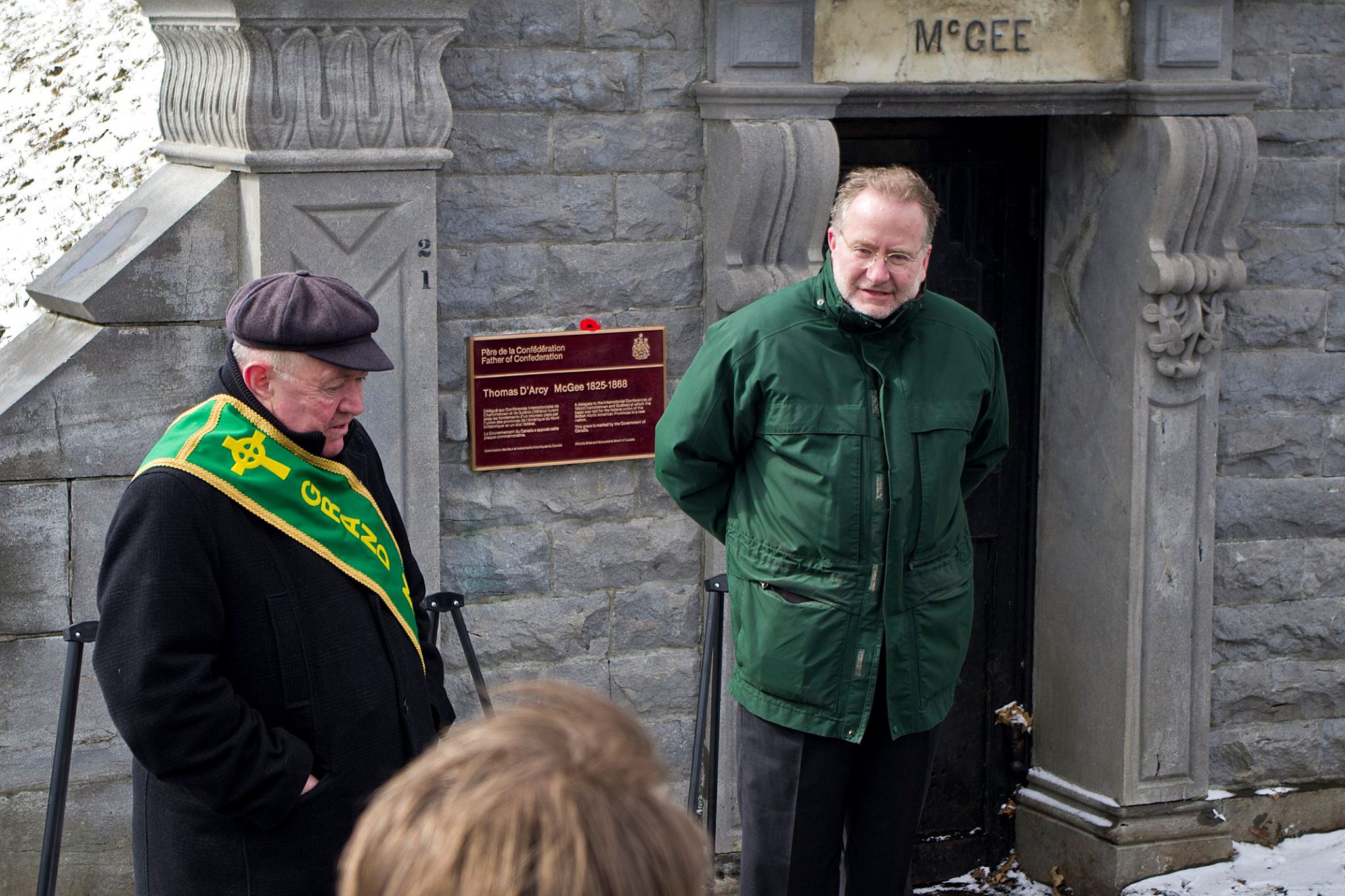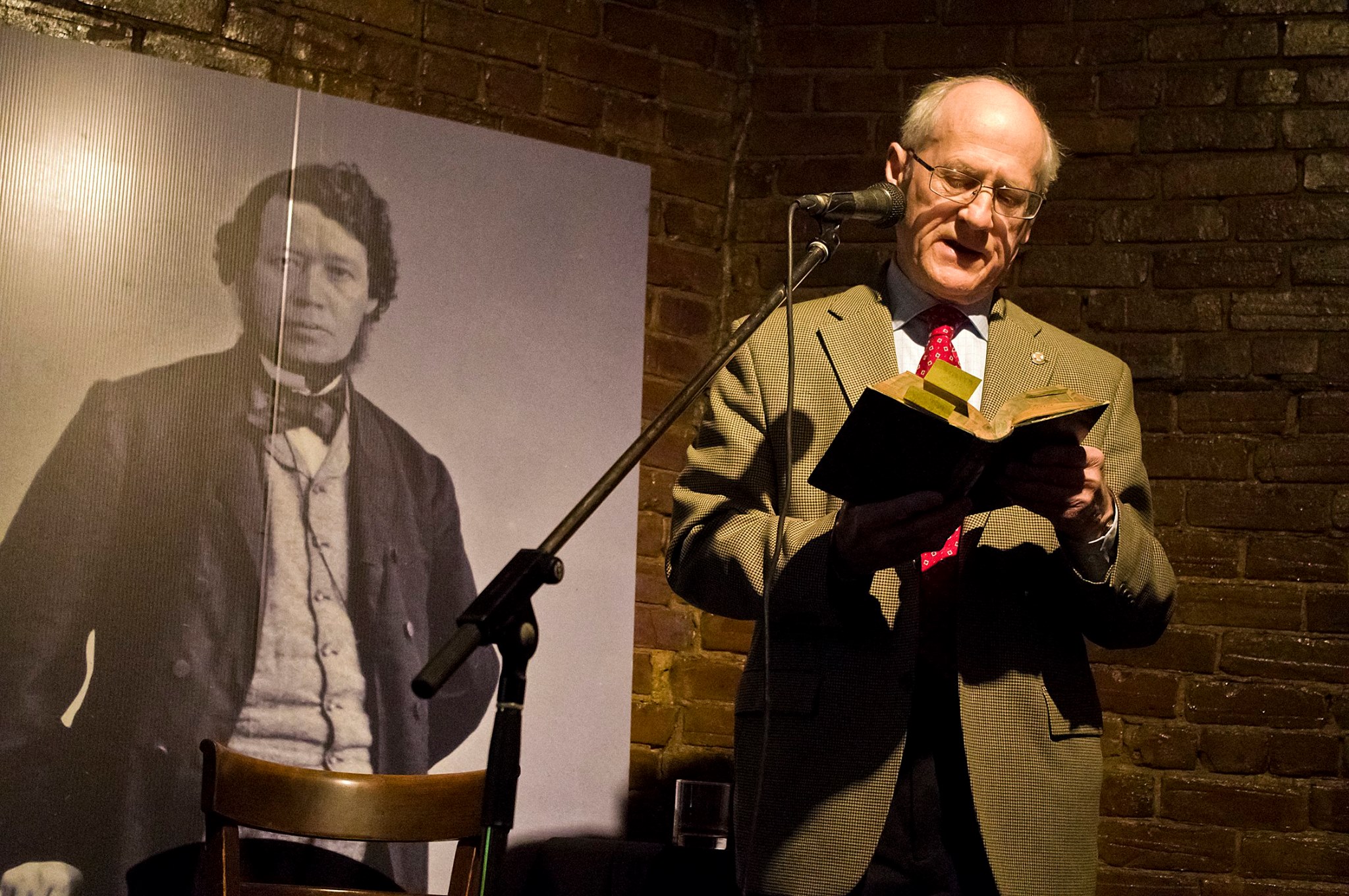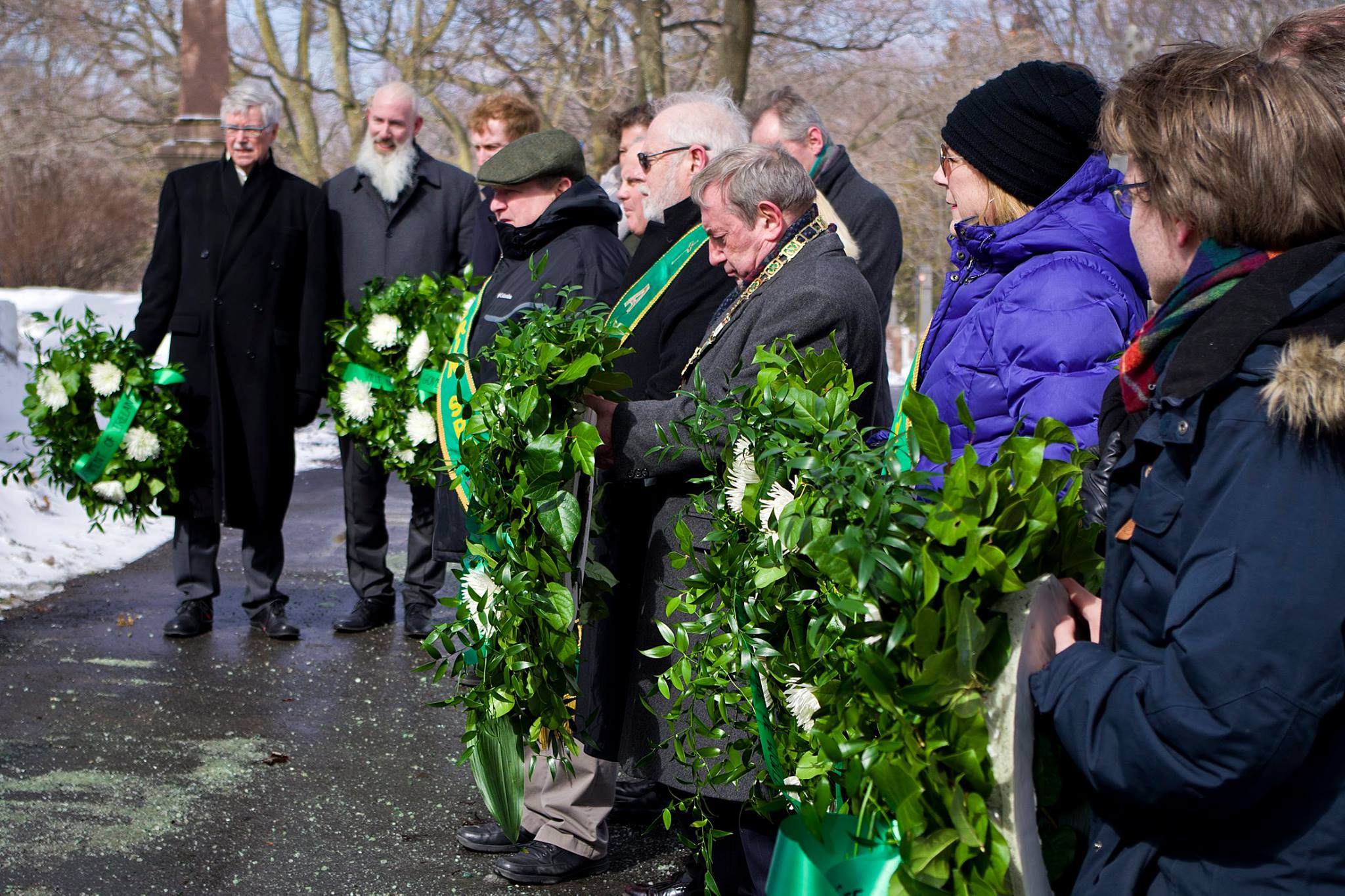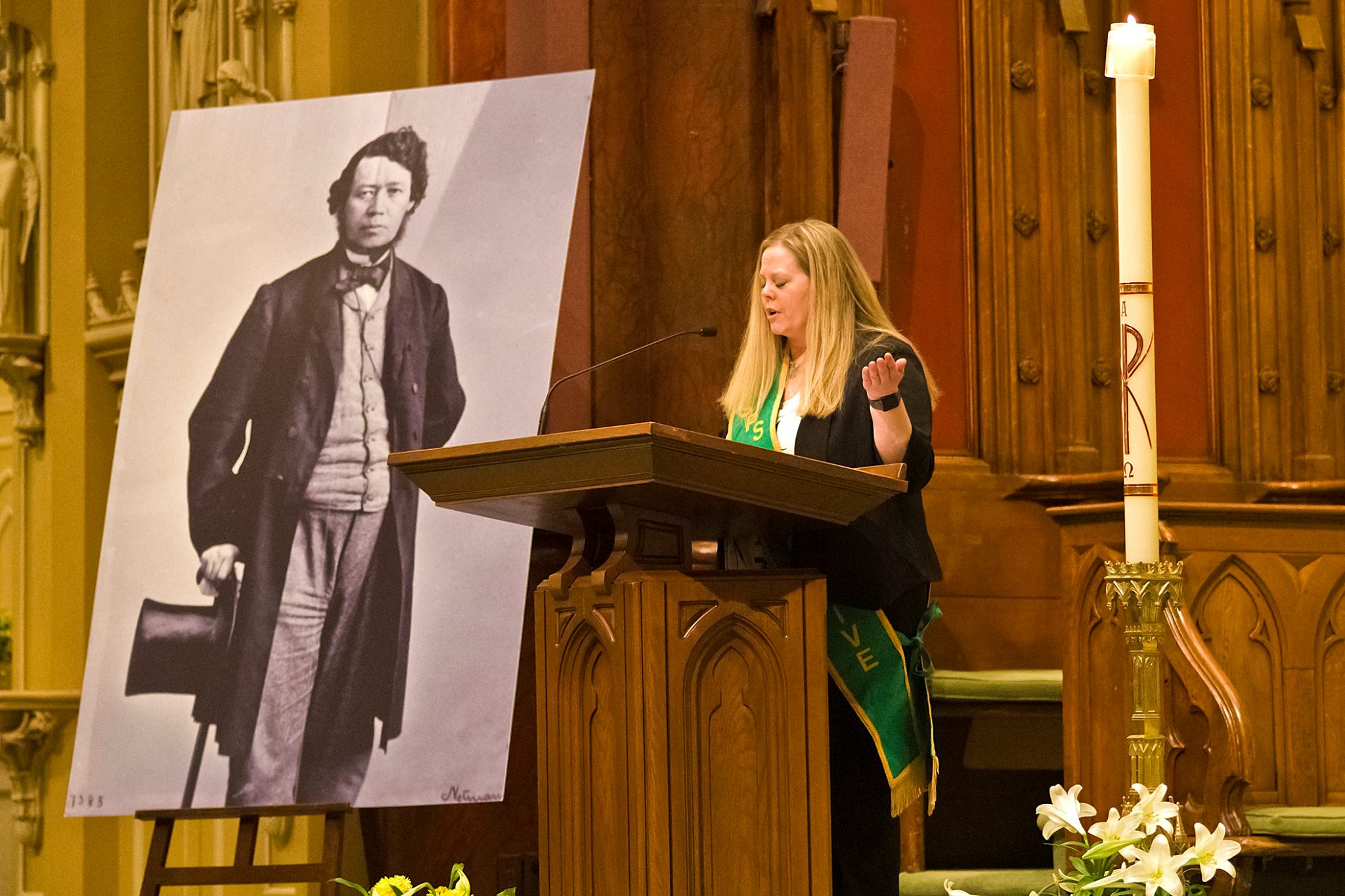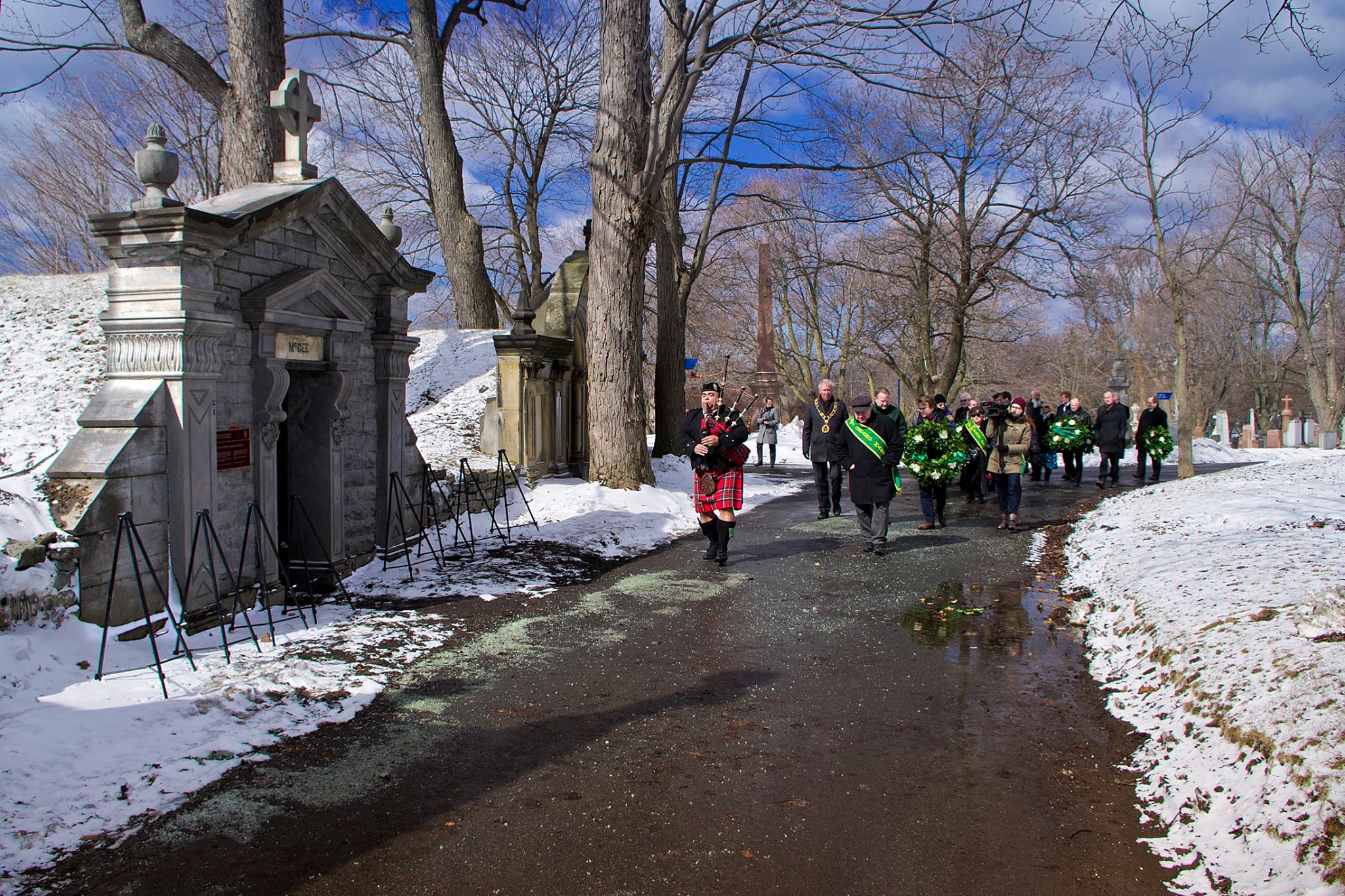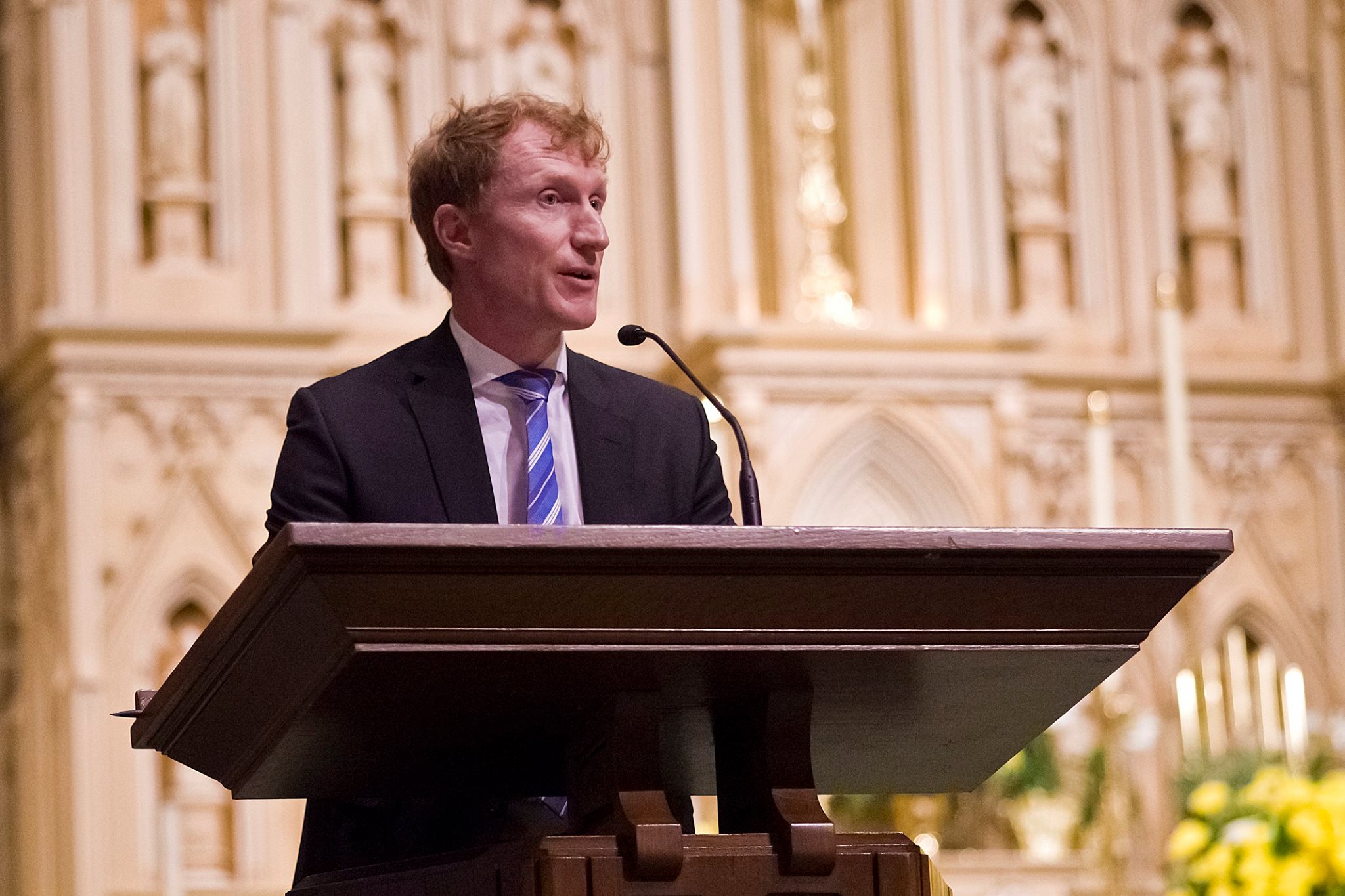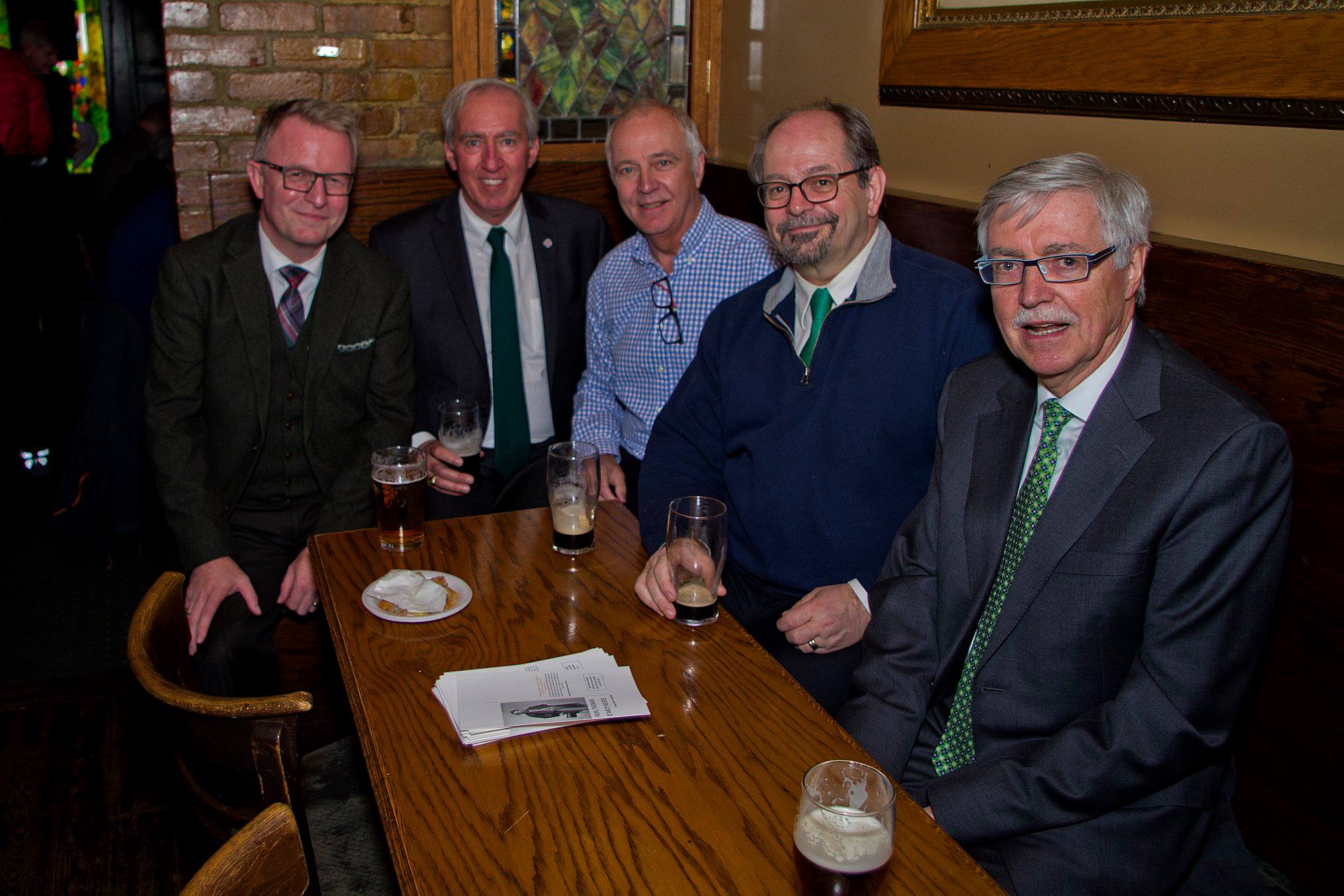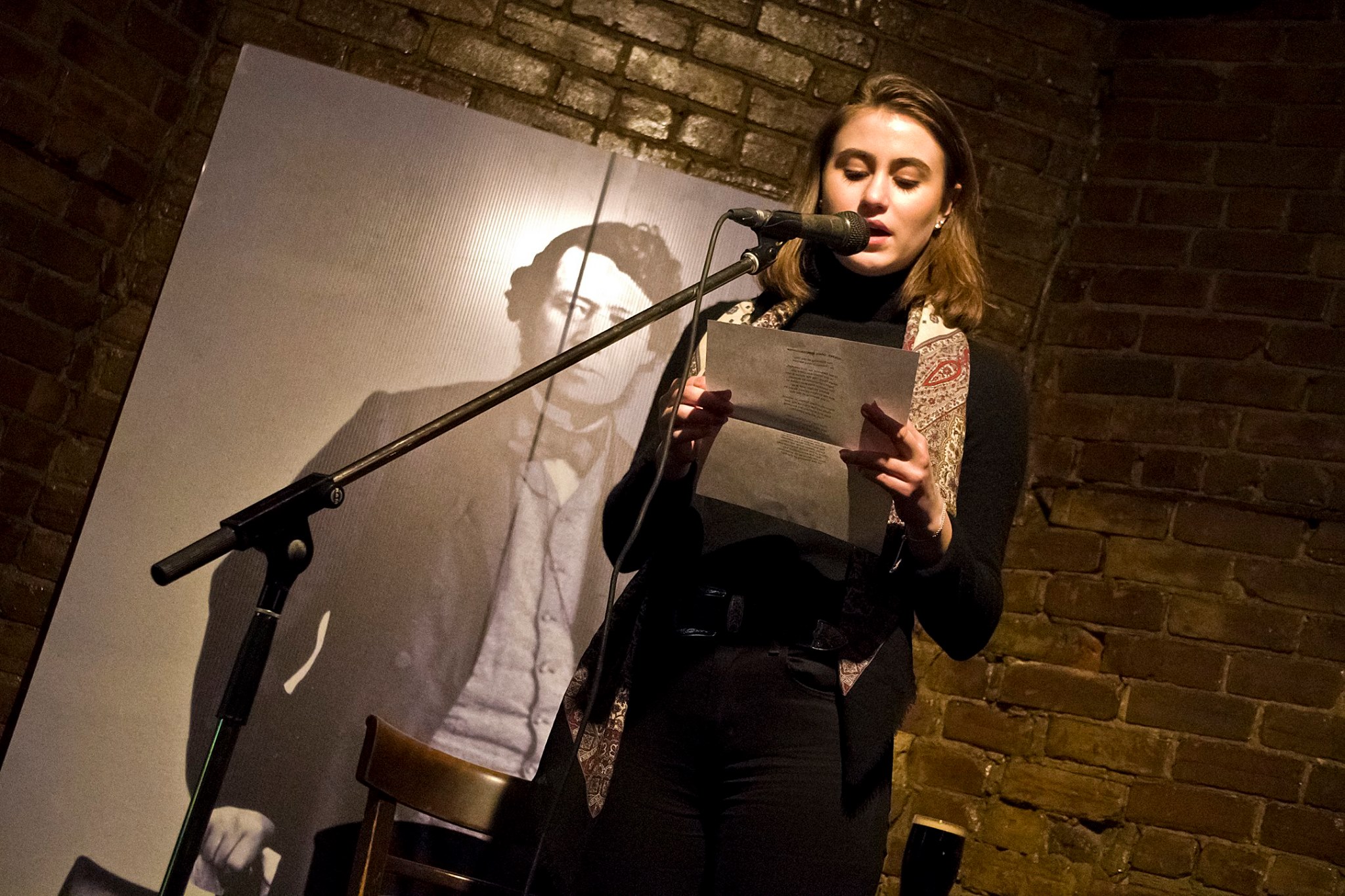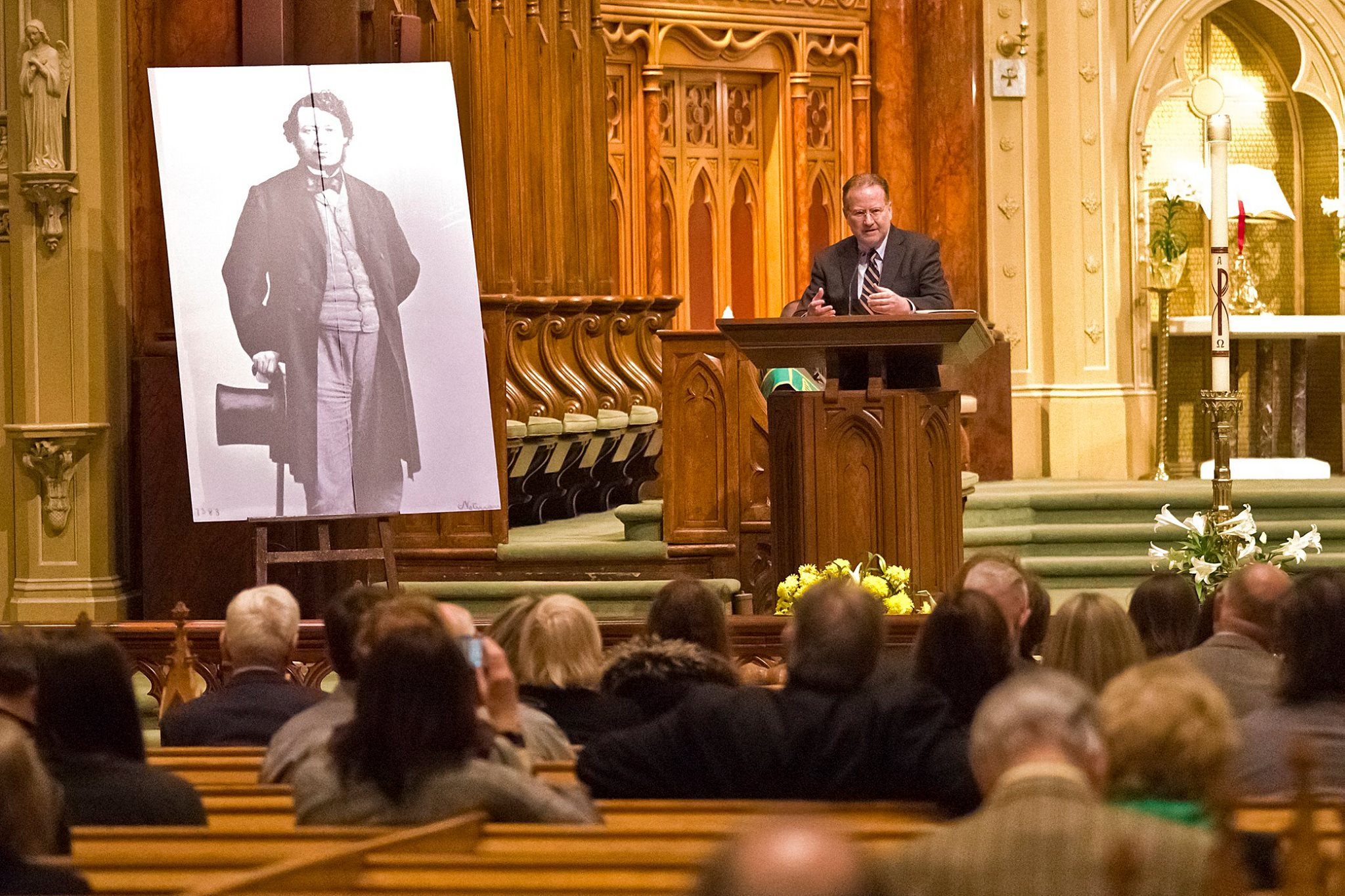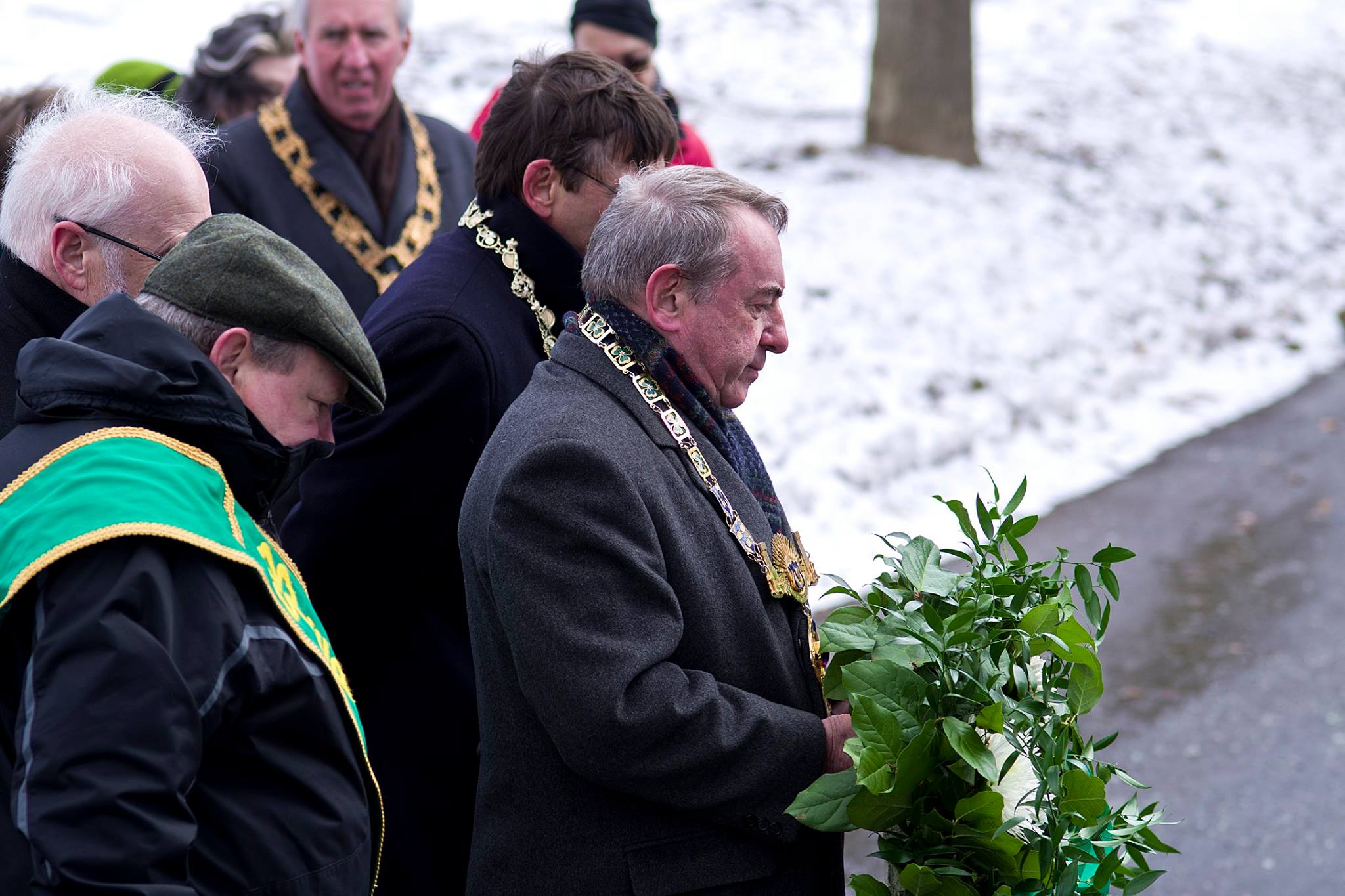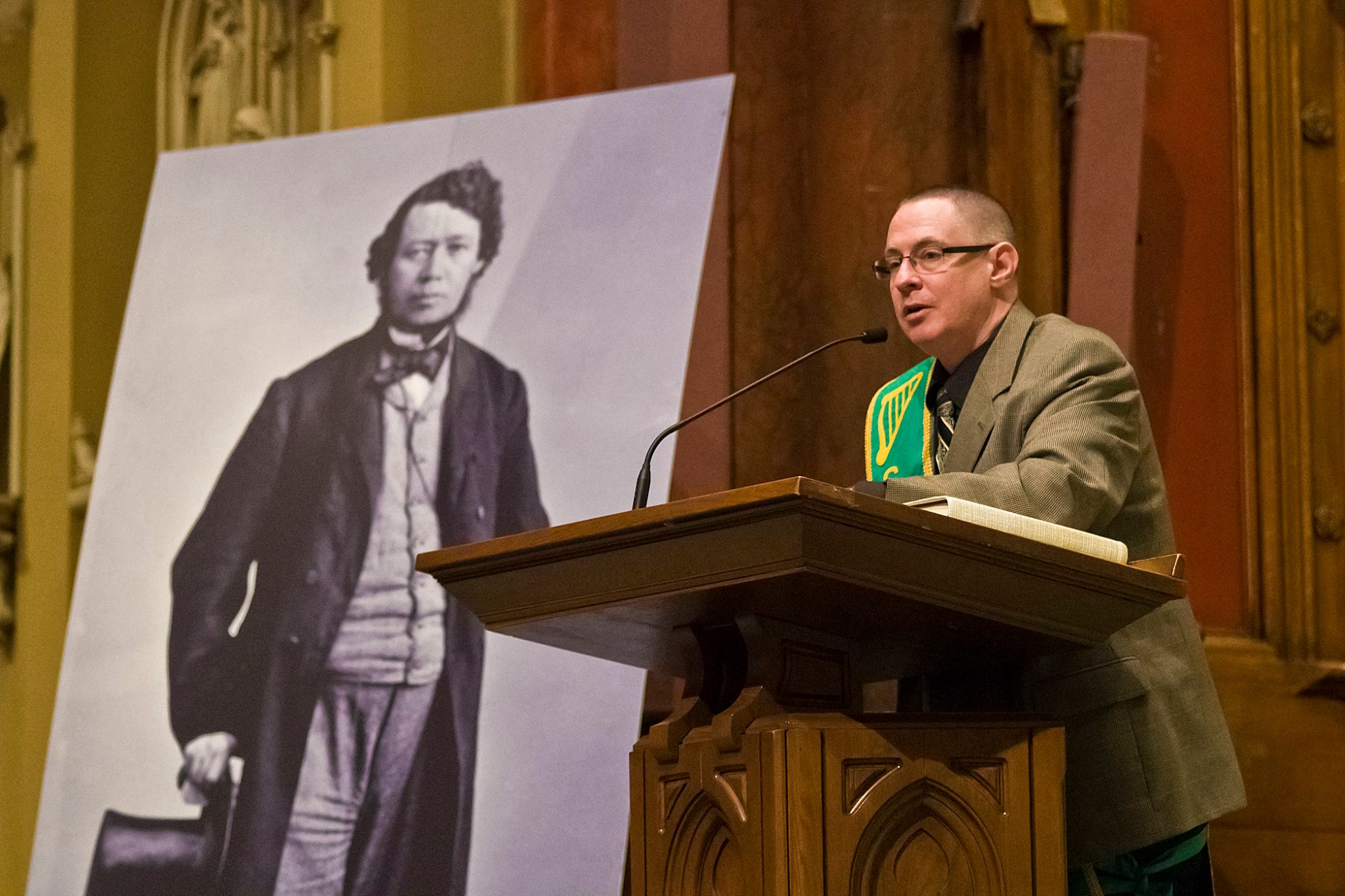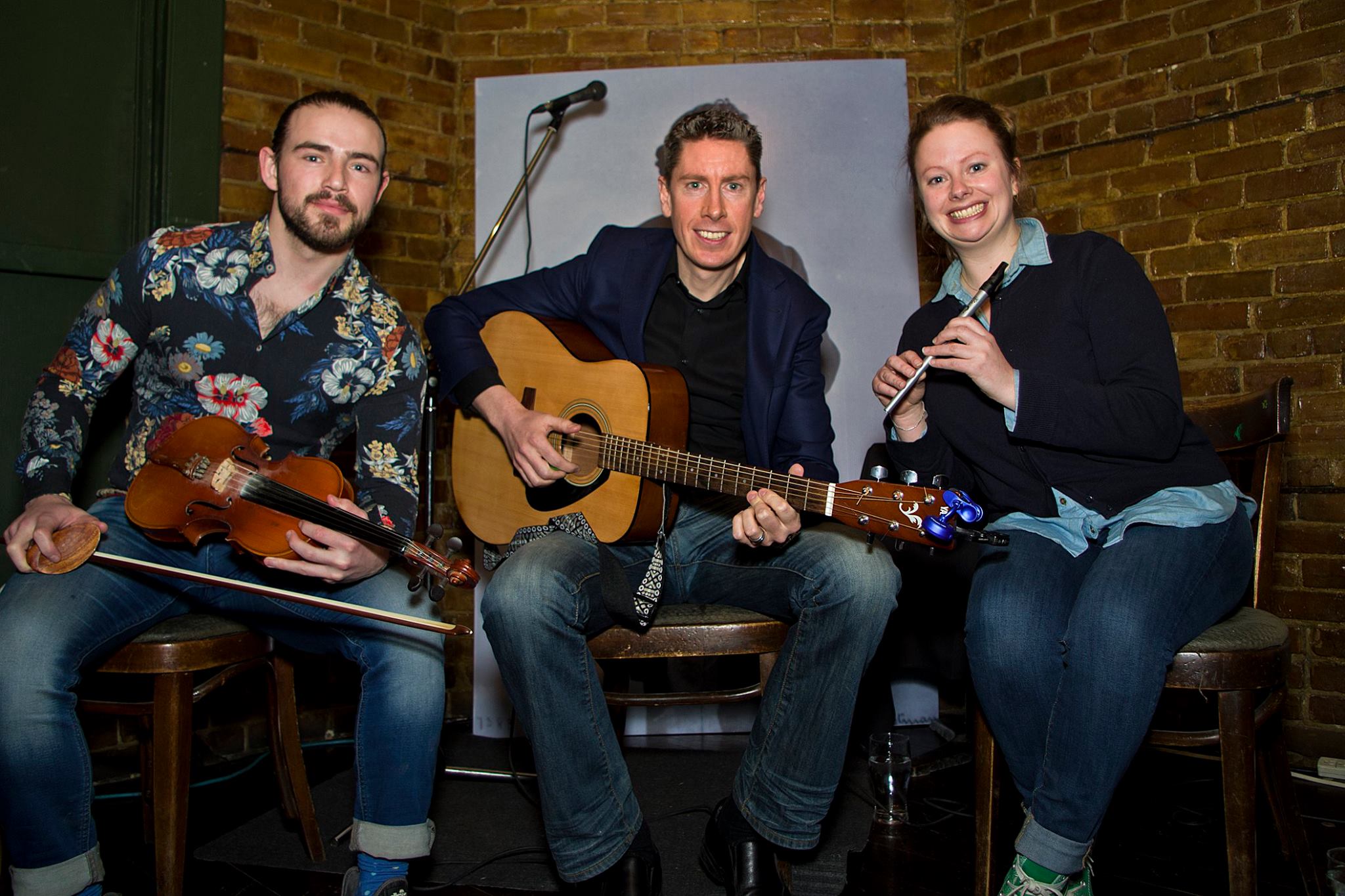Our History
Embracing Our History, For The Next 175 Years!
There were numerous Irish descendants in Montreal prior to the British takeover of New France in 1763. Some Québécois were descended from Irish immigrants to France, known as the Wild Geese, who served in French armies in the sixteenth, seventeenth and eighteenth centuries. After the Royal Proclamation of 1763, Irishmen frequently moved to Montreal as members of British garrison regiments, and regular and much broader Irish immigration to Canada began after the end of the Napoleonic Wars in 1815.
By 1830, the majority of the 30,000 population of Montreal was of English, Irish or Scottish birth or ethnicity. In 1832, the City of Montreal was formally incorporated 190 years after its founding and chose to represent itself by a coat of arms (and eventually, in 1935, a flag) depicting a beaver to represent the French-Canadians (which was eventually changed to the fleur-de-lys), a rose to represent the English, the thistle to represent the Scots and the shamrock to represent the Irish.
In order to assist, represent and lead the rapidly growing population of Irish Montrealers, prominent members of the Irish community founded St. Patrick’s Society of Montreal on March 17, 1834. The Society was created as a non-sectarian, benevolent, cultural organization to serve the social, educational and other needs of the community. This initiative was followed closely by the founding of similar organizations by other cultural groups in Montreal, such as the St. Jean Baptiste Society, the St. Andrew’s Society, the German Society, the St. George’s Society and the St. David’s Society.
The failure of the potato crop in Ireland in 1846 and 1847 and the ensuing large wave of Irish immigration to Montreal strained severely the Society’s and the city’s resources. Many courageous volunteers assisting the sick and the dying in the hastily constructed fever sheds near Point St. Charles fell victim to typhus or “ship’s fever”, including the then mayor of Montreal, John Mills.
Due to rising sectarian differences between members of the Society, the non-Catholic members of the Society were encouraged to form their own organization, and they founded the Irish Protestant Benevolent Society in 1856. Several prominent members of the Society vigorously opposed the split, including Sir William Hingston, a leading surgeon and later to become mayor of Montreal, who resigned from the Society in protest.
Sectarianism continued to plague the Society. The Fenian Brotherhood was a clandestine military organization in the United States whose main purpose was the overthrow of British rule in Ireland by means of attacking Canada and holding the country ransom for Ireland’s independence. Many Fenian activists and sympathizers infiltrated Society in the mid-1860s. Thomas D’Arcy McGee – the poet, newspaper editor, member of Parliament for the district of Montreal West and Father of Confederation – was expelled from the Society in 1867 for accusing certain members of the Society of being members of the Fenian Brotherhood, which had been outlawed in Canada. When McGee refused to come before the Society to offer proof of his accusations (because he could not divulge the source of his evidence, given that that would seriously compromise undercover Canadian government agents), he was expelled from the Society. Shortly thereafter, McGee was assassinated in Ottawa on April 7, 1868. The Society arranged for his burial in Notre-Dame-des-Neiges Cemetery on Mount Royal and has looked after his tomb ever since.
Numerous members of the Society and played prominent roles in municipal affairs in Montreal, including William Workman, Francis Cassidy, Sir William Hingston, James McShane, Richard Wilson Smith and James Guerin, all of whom served as mayor of Montreal. Which is not surprising, given that for most of the second half of the nineteenth century over one quarter of the population of Montreal was Irish-Canadian.
By the turn of the twentieth century, the members of the Society were mostly second-, third- and fourth-generation Irish-Canadians. The Society’s main social celebrations and fundraising activities were and still are its annual charity ball and annual St. Patrick’s Day luncheon, both of which events evolved from banquets and dinners dating back to the Society’s founding in 1834.
In the 1970s and 1980s, the Society and the Montreal were the beneficiaries of a new ripple of Irish immigration to Canada. The Society’s newsletter, Nuacht, was launched in the 1980s and was largely the creation of immigrants from that era. This period also marked a renewal of global interest in all things Irish, including Irish music, dance, theatre, sports and cinema. The Society took a leading role in promoting and supporting financially numerous such cultural endeavors in Montreal.
The culmination of the renaissance of interest in Irish culture in Montreal was the creation of the Canadian Irish Studies Foundation in 1995. Members of the Society, most notably Michael Kenneally, Brian Gallery and Peter O’Brien, led the effort to raise funds to finance courses in Irish studies at Concordia University, the successor institution to Loyola College, which had been founded by the city’s Irish community in the nineteenth century. The Society contributed the original seed money to launch the successful capital campaign of the Canadian Irish Studies Foundation, which raised millions of dollars to create an endowment which will support Irish studies in perpetuity. In 2010, due to the overwhelming interest in the courses being offered and the great success of the capital campaign, a School of Irish Studies – the first in Canada – was created at Concordia. The Society is proud of the role that it and its members played in this very notable accomplishment.
In 2009, as part of the year-long celebration of the Society’s 175th anniversary, the Society, in collaboration with the Irish Protestant Benevolent Society and the Government of Quebec, funded and launched a very successful year-long exhibition at the McCord Museum of Canadian History in Montreal about the contributions of the Irish to life in the province of Quebec entitled “Being Irish O’Quebec”.
The Society has evolved greatly since its founding in 1834, yet remains true to its roots as a non-sectarian, benevolent, cultural organization. In 2011, the Society organized and sponsored welcoming receptions and job networking events for young Irish immigrants to Montreal, who were not fleeing hunger and discrimination like many of the ancestors of the members of the Society but rather a global financial crisis that had hit Ireland particularly hard.
On June 19, 2012, at the annual meeting of the members of the Society, a special debate took place between Thomas D’Arcy McGee biographer David A. Wilson and Society historian, J. Peter Shea, regarding the merits of a posthumous reinstatement of McGee as a member of the Society. After a lively debate, well over 90% of the members in attendance voted for McGee’s reinstatement. A very old wrong was finally righted. And to commemorate the 150th anniversary of the assassination of McGee, the Society held a special memorial service and lecture at St. Patrick’s Basilica in Montreal on April 7, 2018 followed by a festive wake.

